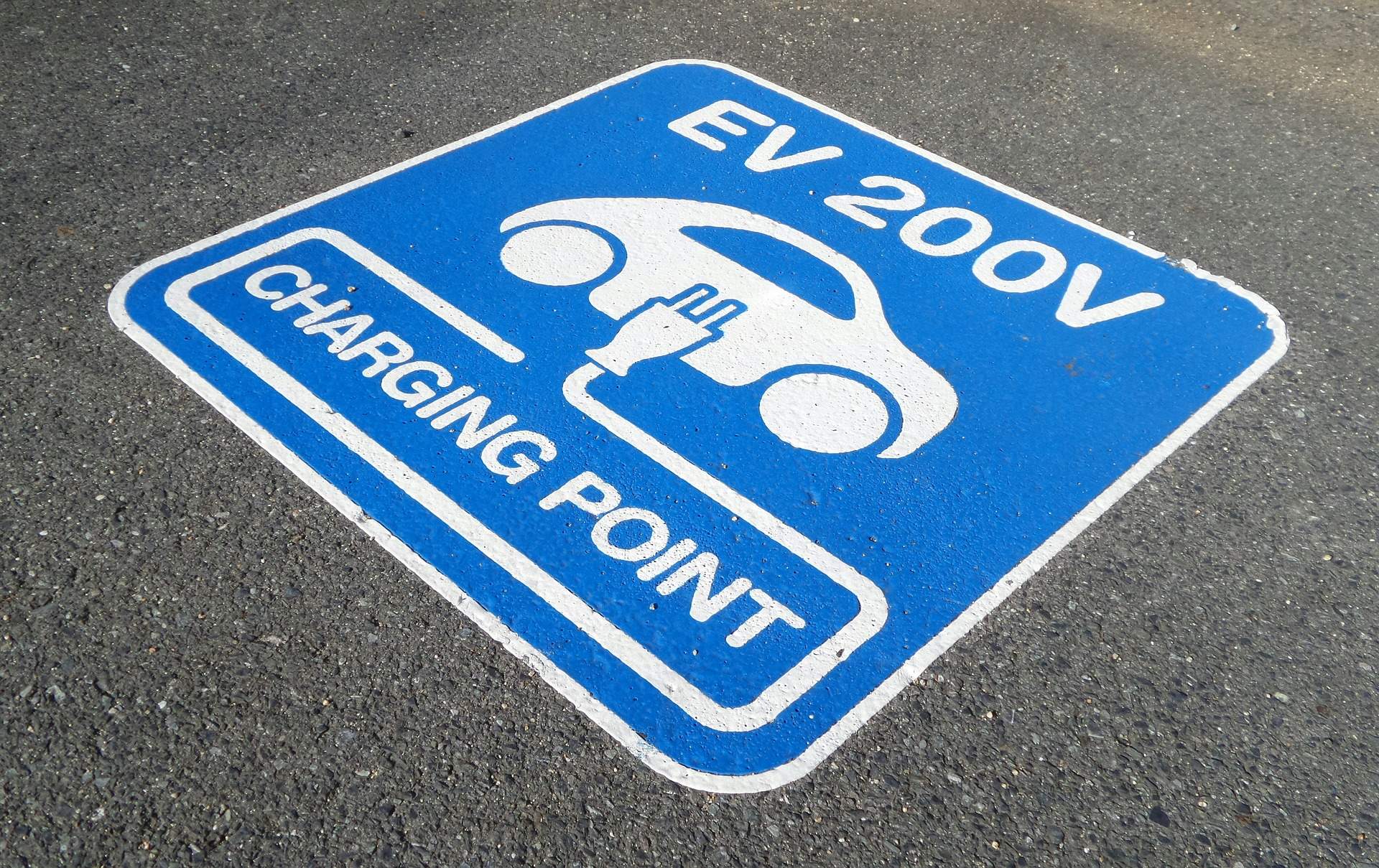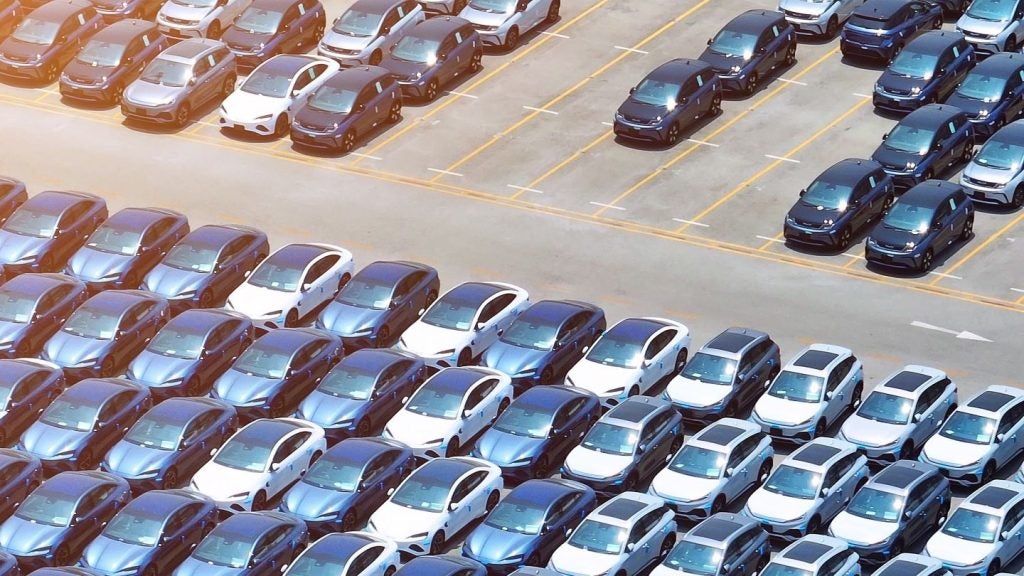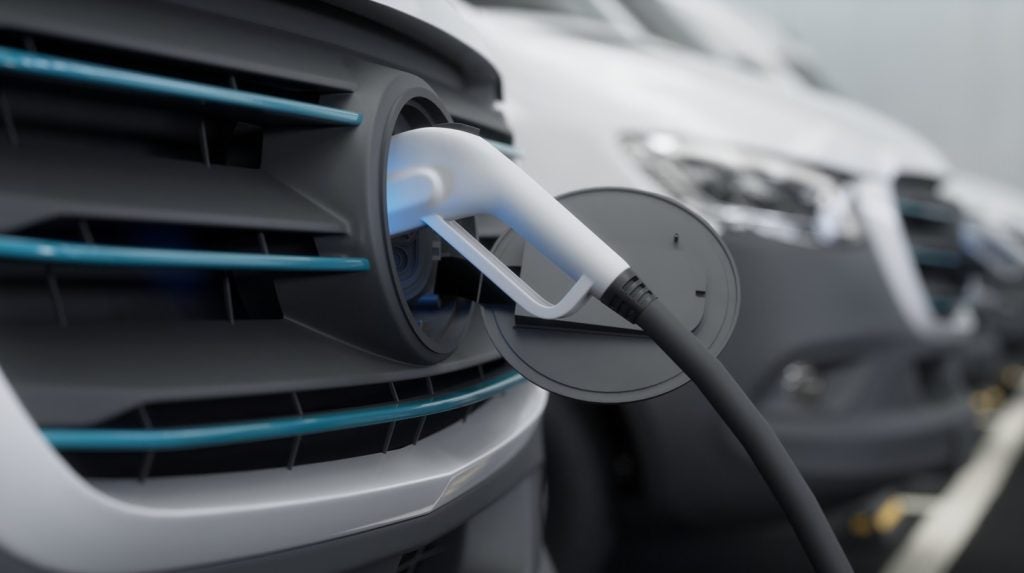
The UK Government is to abolish a number of plug-in car grants for buyers of hybrid electric vehicles, and will reduce the value of the only remaining grant from a £4,500 to a £3,500 subsidy.
Previous grants were split into three categories, and categories 2 and 3, which subsidised hybrid vehicles, have been scrapped entirely. Category 1 vehicles such as fully-electric cars will still be eligible for subsidy at the reduced £3,500 rate.
To qualify for category 1, a vehicle must have CO2 emissions of less than 50g/km and a zero-emission range of at least 70 miles.
Cars that qualified for category 2 had CO2 emissions of less than 50g/km and a zero emission range between 10 and 69 miles, while Category 3 vehicles would have CO2 emissions of 50 to 75g/km and a zero-emission range of at least 20 miles.
Offered since 2011, the plug-in car grants provided a discount to the price of over 160,000 ultra-low emission vehicles. The cuts to the scheme will take place from November 9 this year.
A joint statement from government’s Department of Transport and the Office of Low Emission Vehicles read: “With plug-in hybrid models like the Mitsubishi Outlander becoming popular among consumers, the government is focussing its attention to zero-emission models such as the Nissan Leaf and BMW i3.”

US Tariffs are shifting - will you react or anticipate?
Don’t let policy changes catch you off guard. Stay proactive with real-time data and expert analysis.
By GlobalDataThe decision was met with criticism from a number of trade bodies in the UK.
Sue Robinson, director of the National Franchised Dealers Association (NFDA), said: “It is extremely disappointing to see that the Government has decided to remove the grants for plug-in hybrids and cut those for electric cars, which, in the short term, can undermine the progress made so far in the development of the low emission vehicles sector.
“Retailers are working hard to clarify a number of issues affecting our sector, especially regarding emissions and fuel types. Consumers need to be supported and this announcement is likely to create further confusion.”
Tim Porter, managing director for Lex Autolease, said: “For the government’s Road to Zero targets to be achievable, we need to see almost a 23-fold increase in Ultra Low Emission Vehicle uptake, and incentives like the plug-in car grant are key to making this possible.
“While the grant for Zero Emission Vehicles will continue – albeit with smaller contributions available for drivers – the 2030 target relates to both Ultra Low and Zero Emission Vehicles. This means there is still a role for plug-in hybrids to play which is key, given there are also still relatively few Zero Emission Vehicles on the market.”
The British Vehicle Rental and Leasing Association (BVRLA) launched its own ‘Plug-in Pledge’ in July, in a drive to see members’ combined plug-in vehicle fleet size surge over ten-fold from 50,000 currently to 720,000 by 2025.







